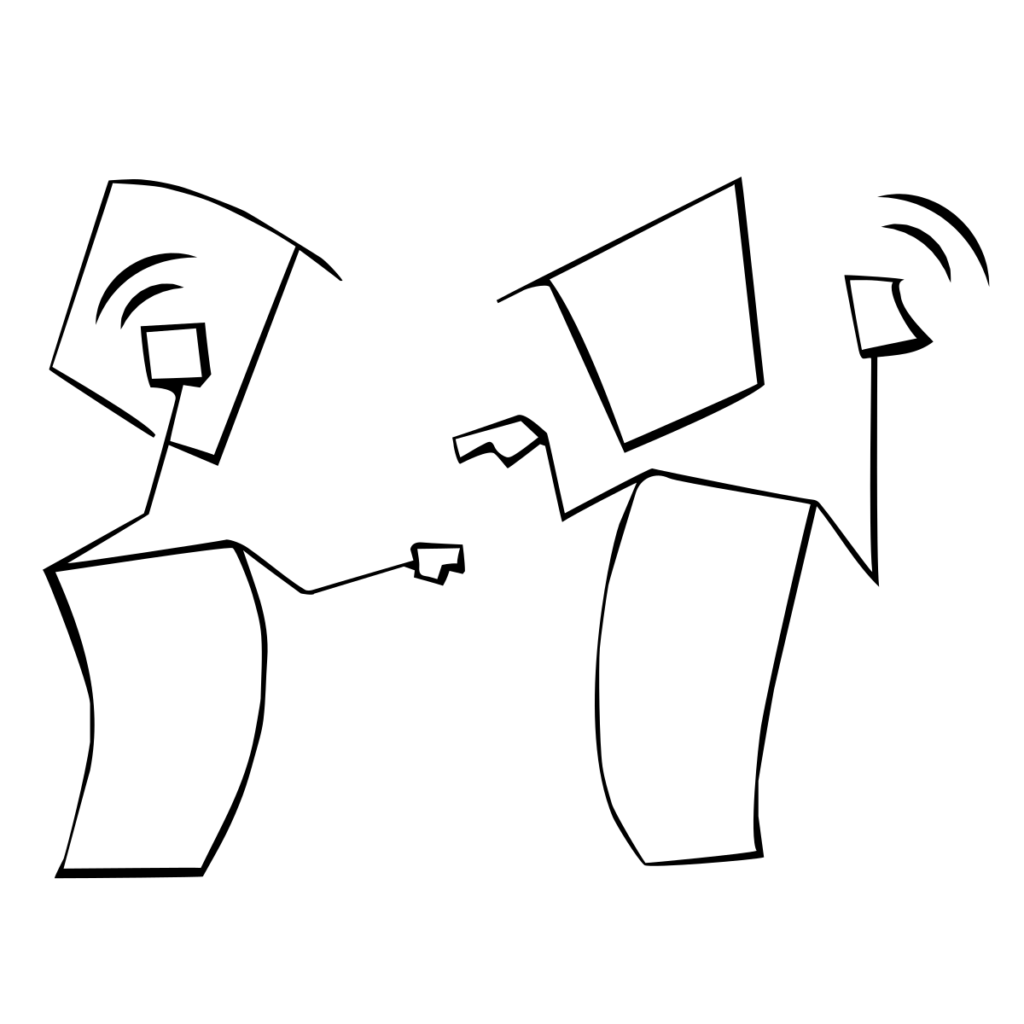I stumbled into a heated Twitter discussion last night. Thinking back, after some of the political interactions I have had over the past year or so, the interaction was kind of cute. I am trying to reconstruct the interactions this morning, but I am having to guess at some of the details because those participating have removed some of their tweets. I do know that some of the participants are aligned with different online services so this situation was similar to Democrats and Republicans arguing over a given issue.
My guess is that the interaction began with a reference to this article from The Georgetown Voice titled Welcome to Surveillance University. The focus of the article was on technology services allowing the behavior of students to be monitored. Examples included test monitoring services for distance students, questions regarding the use of the camera on a student’s computer to monitor their presence while in a remote learning class, and more to my personal interests software that allows the educator to determine whether or not a student has read the assigned material.
This final topic targeted a service, Perusall, I had reviewed as part of my interest in what I call layering services. Without getting into the details of what I mean by layering, such services allow a teacher or learner to add elements to existing digital content. Elements include questions, notes, highlights, discussion prompts, etc. Some systems include a way to evaluate learner responses to prompts (questions) or the use of some elements (highlighting). Perusall also tracks student reading of the assigned material. Other services I have reviewed may do so as well. This was just not a capability I paid much attention to.
Several of the Twitter participants labeled tracking whether a student had completed a reading assignment as surveillance which appeared to set off someone associated with Perusall. The phrase “surveillance capitalism” was thrown around. This is an inappropriate use of Sashona Zuboff’s concept which is focused on service providers harvesting user data to target ads and profit from the display and the sale of targeted ads to companies willing to pay. It is the reason you get many online services without paying money for them. You pay with your attention and your data. A teacher using the capability of a service to monitor student completion of assignments is not involved in surveillance capitalism.
W
![]()


You must be logged in to post a comment.